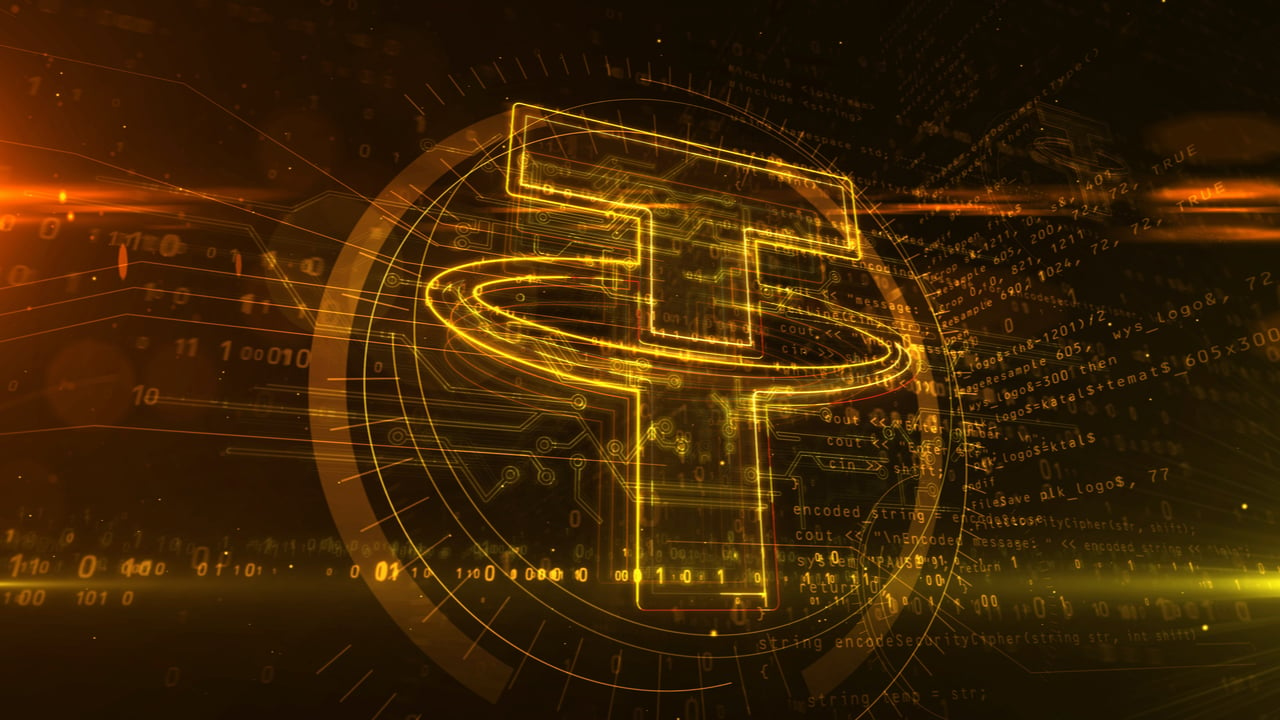SEC Denies Freedom of Information Act Request Concerning Tether Documents

On September 24, the staff writer for The New Republic, Jacob Silverman, tweeted about a Freedom of Information Act (FOIA) request he filed that was ultimately denied. On the social media platform, Silverman wrote that he got Securities and Exchange Commission (SEC) responses to his FOIA requests and said the responses were “withheld because of possible law enforcement investigation.”
Jacob Silverman Sought ‘Access to All Documents, Emails, Memos, and Reports Related to Tether’
There’s a ton of stablecoins these days and today, all the stablecoins in existence are valued at $129.7 billion. The oldest stablecoin and the largest, in terms of market valuation, tether (USDT) commands $69.7 billion of the aggregate total of all stablecoins. This Friday, a staff writer from the publication The New Republic, Jacob Silverman, tweeted that he had filed for a FOIA request concerning “Tether” and “Tether Operations Limited.”
Essentially, a Freedom of Information Act (FOIA) request allows Americans to access all federal agency records. However, the public cannot gain access to records (or portions of records) if there is a law enforcement investigation or records are protected by disclosure.
Today, there are approximately three types of exclusions and nine exemptions a federal agency can use if an inquiry to records has been made. In the request, the inquirer can specify the format and type of records.
Silverman was “seeking access to all documents, emails, memos, and reports related to Tether Operations Limited.” The FOIA request can be found here and Silverman tweeted about the responses from the government agency.
“Got SEC responses to FOIA requests I submitted for info on ‘Tether’ and ‘Tether Operations Limited,’” Silverman said. “Withheld because of possible law enforcement investigation,” he added. The SEC response notes that the agency is leveraging an exemption.
“We are withholding records that may be responsive to your request under 5 U.S.C. § 552(b)(7)(A),” the SEC reply details further. “This exemption protects from disclosure records compiled for law enforcement purposes, the release of which could reasonably be expected to interfere with enforcement activities. Since Exemption 7(A) protects the records from disclosure, we have not determined if other exemptions apply. Therefore, we reserve the right to assert other exemptions when Exemption 7(A) no longer applies.” The SEC response adds:
It is the general policy of the Commission to conduct its investigations on a non-public basis. Thus, subject to the provisions of FOIA, the Commission does not disclose the existence or non-existence of an investigation or information gathered unless made a matter of public record in proceedings brought before the Commission or in the courts.
Response Is Different Than the Reply Bennett Tomlin Received Concerning Tether in February
The response to Silverman does not mean that law enforcement or the federal agency itself plans to charge the company with any unlawful activity. Last February, the analyst Bennett Tomlin also filed a FOIA request with the SEC concerning Tether documents, and the letter said after a thorough search of all the SEC’s systems, the regulator “did not locate or identify any information responsive to your request.”
In response to Silverman’s recent request and answer, Tomlin tweeted about the FOIA request and said: Hey [Jacob Silverman] you got a different response than I did a couple [of] months ago.”
“Which tells us that the SEC started this sometime between February and now,” Tomlin said. “I don’t think [Jay] Clayton thought they were securities but it seems [Gary] Gensler does,” the analyst concluded.
What do you think about the response from the U.S. regulator to Jacob Silverman about Tether? Let us know what you think about this subject in the comments section below.



